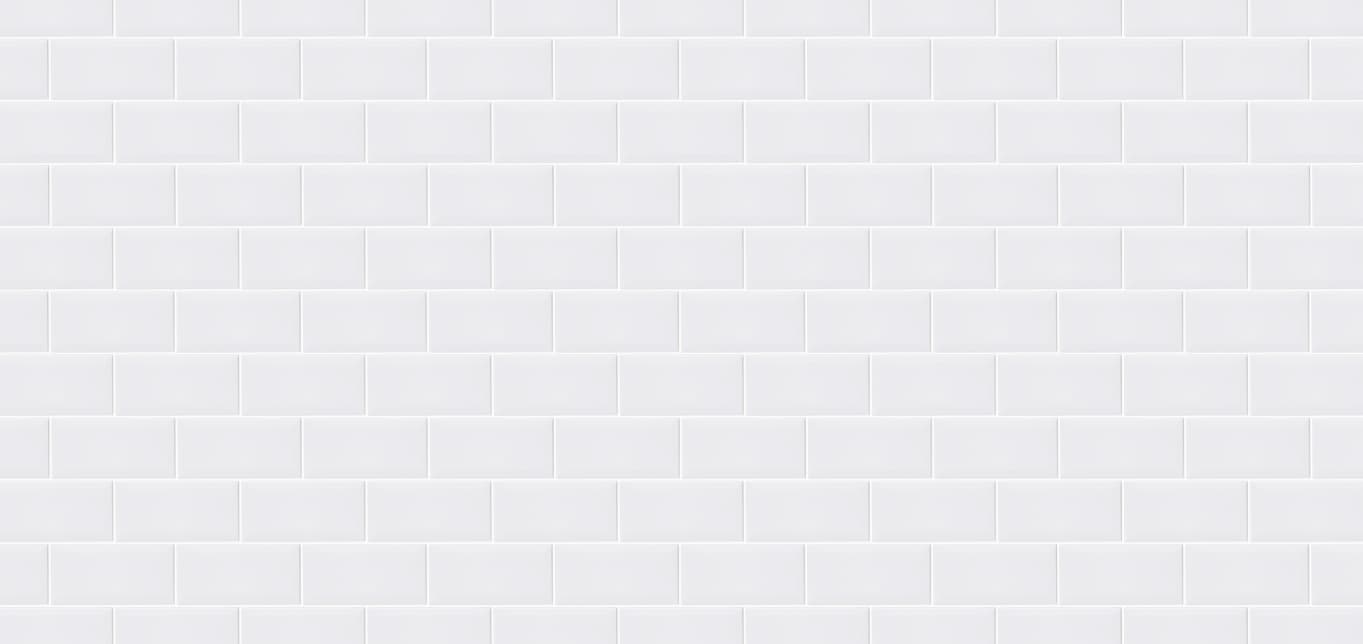The dispute concerned a champagne producer, and an expert in the sector with whom an agency contract had been signed in 1990. The latter was responsible for selling champagne wines in the Bouches-du-Rhône department, in the name and on behalf of the principal.
In 2014, the principal terminated the contract, claiming that the termination was due to the agent’s serious misconduct.
A classic scenario: the agent contested the termination and claimed compensation for his loss from the Marseille Commercial Court, in particular a customer compensation indemnity due in principle at the end of the sales agent’s contract. The judges of first instance upheld his claims, awarding him 2,372,625 euros as « loss of clientele indemnity” and 474,525.07 euros in compensation of the absence of prior notice period.
After no less than two appeal decisions and a decision by the Cour de cassation on March 31, 2021 definitively settling the question of jurisdiction, the case was finally referred back to the Paris Court of Appeal.
In support of its defense, the principal challenged the classification of the contract as a commercial agent, and put forward the existence of various serious breaches justifying the termination of the contractual relationship. Finally, the various amounts of compensation and commission awarded to the agent were also challenged.
Qualification: simple mandate or sales agent contract?
The contract initially concluded between the parties was entitled “mandate agreement”. However, judges are not bound by the classification given by the parties, and must analyze the clauses of the contract to determine the true nature of the contractual relationship.
In this case, the Court of Appeal noted the agent demonstrated he had participated in the development of bottle sales in the region, which had risen from 57,500 bottles in 1997 to 176,254 bottles in 2013. And that it was undisputed that he was acting as an agent.
Thus, in view of all the evidence provided, the judges concluded that the actual conditions of exercise of the mandate clearly showed a mission of representation and negotiation falling under the status of commercial agency.
Serious misconduct: Analysis of the parties behavior
In order to justify the termination of its contract with its agent, the champagne house claimed various breaches were committed by the agent: using a discourteous tone, lacking loyalty, and failing to comply with instructions and commercial policy.
The sales agent, for his part, contended that he had always worked in the interests of the company and respected his contractual obligations, and pointed out that the tensions began when a new sales manager arrived at the champagne house in 2013.
The judges noted that the arrival of the new sales manager had been accompanied by customer dissatisfaction resulting from a sudden change in sales policy. This change led to the rejection of numerous orders from the sales agent.
Therefore, according to the judges, it was not the sales agent’s behavior that was incriminated, but rather the decisions taken by the champagne house.
Determining compensation
The French Commercial Code makes no provision for determining the indemnity owed by the principal to the commercial agent.
Given the length of the relationship and the concerned industry, it is interesting to ask what criteria the judges used in this case.
In this case, the judges seem to have taken previous case law into account, and awarded a customer compensation indemnity amounting to 24 months’ commission (i.e. €1,898,100), taking into account the long duration of the relationship (25 years), and “the significant prospecting work carried out during the mandate, which enabled the initial sales figure to be multiplied by four“.
At the same time, they reduced the amount awarded by the first judges, taking into account the agent’s rapid reorientation towards other Champagne brands and the absence of a non-competition clause in the event of termination of the contract at the client’s initiative.
